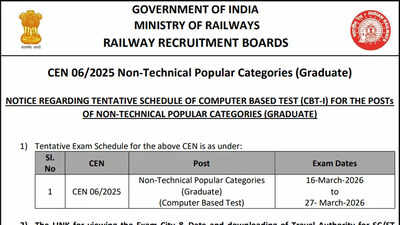Harvard University slashes PhD admissions: Here’s how it’s impacting graduate research

Harvard University plans to significantly reduce the number of Doctor of Philosophy (Ph.D.) students it admits in the next two years, according to emails obtained by The Harvard Crimson. The cuts are part of a broader effort to navigate financial pressures, including a $113 million deficit reported for fiscal year 2025 and the impact of an increase in the federal endowment tax.
Division-wide reductions
Within the Faculty of Arts and Sciences, the sciences division will see a 75% cut in Ph.D. admissions, while arts and humanities will drop by 60%. The social sciences division has not yet confirmed the exact figures, but reductions are estimated between 50 and 70%, according to faculty sources cited by The Harvard Crimson.Departments have been given discretion to allocate the remaining slots, but some face extreme constraints. Faculty members told The Harvard Crimson that if a department is left with only one available slot after percentage cuts are applied, it will not be allowed to admit any new students. Departments must finalize how they distribute slots by this Friday.
Financial pressures behind the cuts
FAS dean Hopi Hoekstra previously signaled that fewer Ph.D. students would be admitted but did not provide exact numbers. She cited an uncertain research funding landscape and rising costs tied to federal endowment taxes as contributing factors. These financial pressures mirror actions at other institutions; several universities paused graduate admissions earlier this spring following cuts to research grants under the Trump administration.
Implications for the academic ecosystem
Experts warn that reducing Ph.D. admissions could have far-reaching consequences. Doctoral students play a critical role not only in research but also in supporting undergraduate education and faculty work. A sharp decline in Ph.D. intake could strain Harvard’s academic operations and hinder the training of the next generation of scholars, The Harvard Crimson reports.The reflects a growing challenge in higher education: balancing financial sustainability with the long-term health of research and teaching missions, while showing the depth of the cuts and the uncertainty facing both departments and students.






